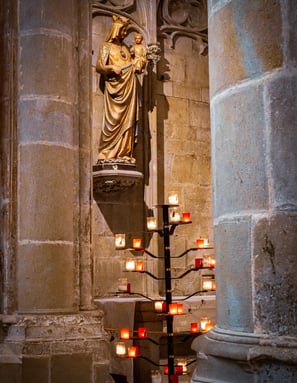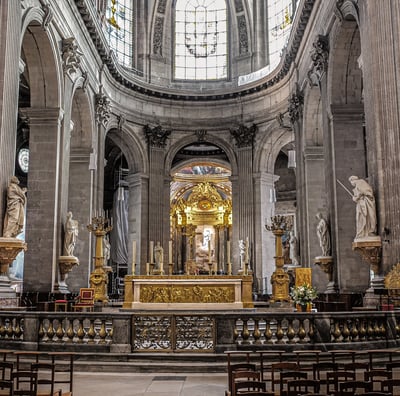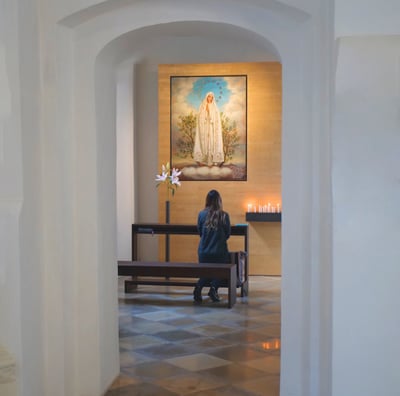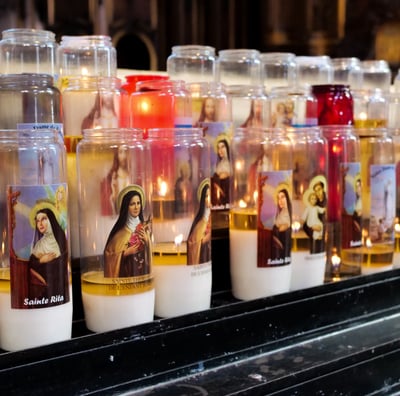
Freedom In The Pastoral Life
“You cannot have God for your Father if you do not have the Church for your mother”
St. Cyprian of Carthage, De Ecclesiae Catholicae Unitate , §6
“Tradition is the living river that links us to the origins, the living river in which the origins are ever present.”
Pope Benedict’s Address to the Roman Curia, 22 December 2005
“The Church’s teaching authority is not above the Word of God, but serves it.”
Dei Verbum, Vatican II, §10
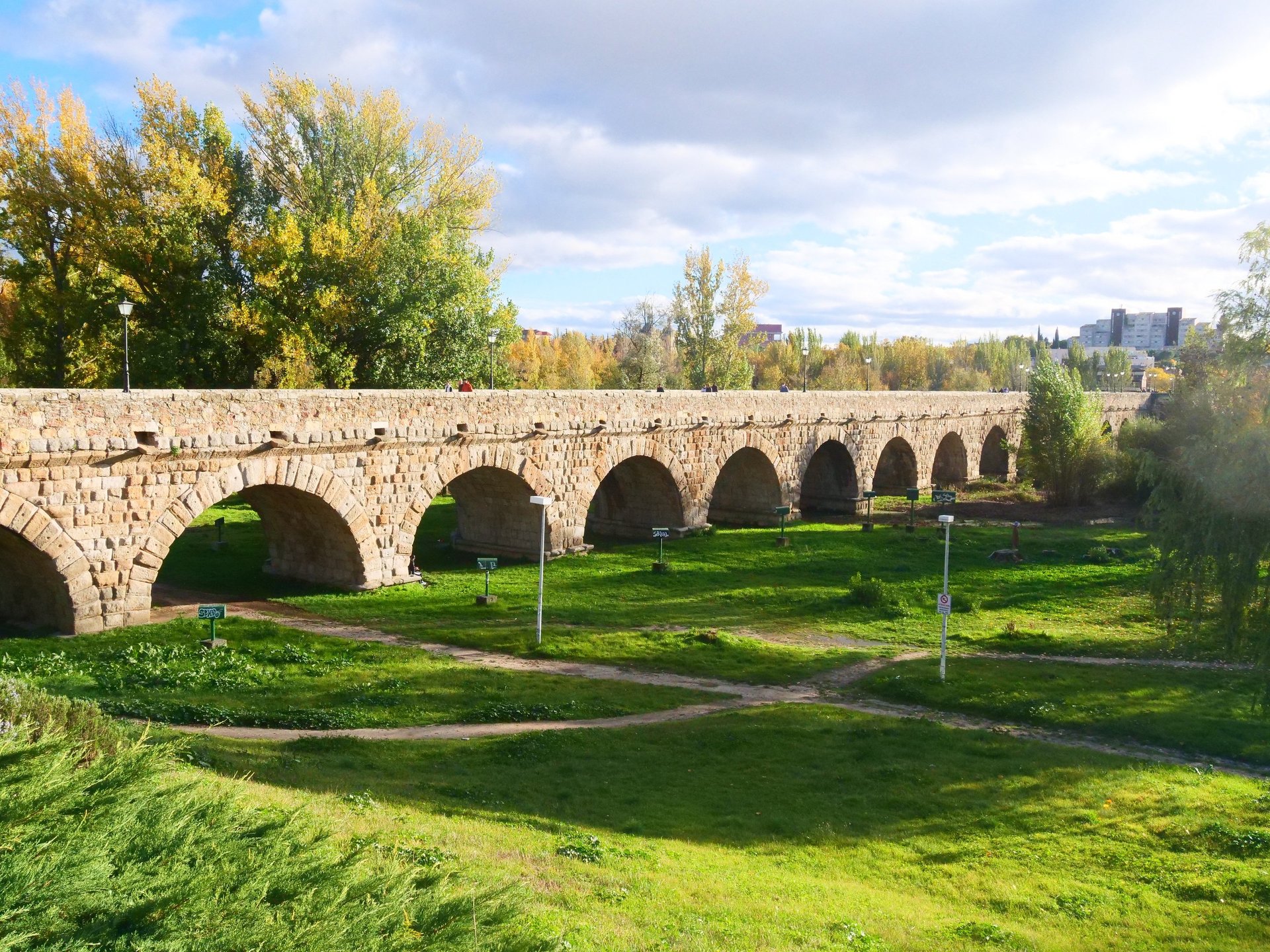
AI and Fruitful Ministry
“Artificial Intelligence, when guided by the wisdom of the Church and the reality of lived experience, can be a bridge — not a replacement — helping ministers reflect more deeply, plan more wisely, and serve more fruitfully.”
At Pastoral Planning with AI, we assist clergy in preparing homilies, organizing personal and parish diaries, and enhancing pastoral planning for a more effective ministry.
Our Intention is to provide innovative tools that streamline the homily preparation process and facilitate effective pastoral planning. Ultimately the idea is for every parishioner to experience the fullness of your talents, clarity in the ministry of preaching the word and faithfulness to the teachings of the Church. Ensuring that every parishioner receives the spiritual guidance they need and deserve.
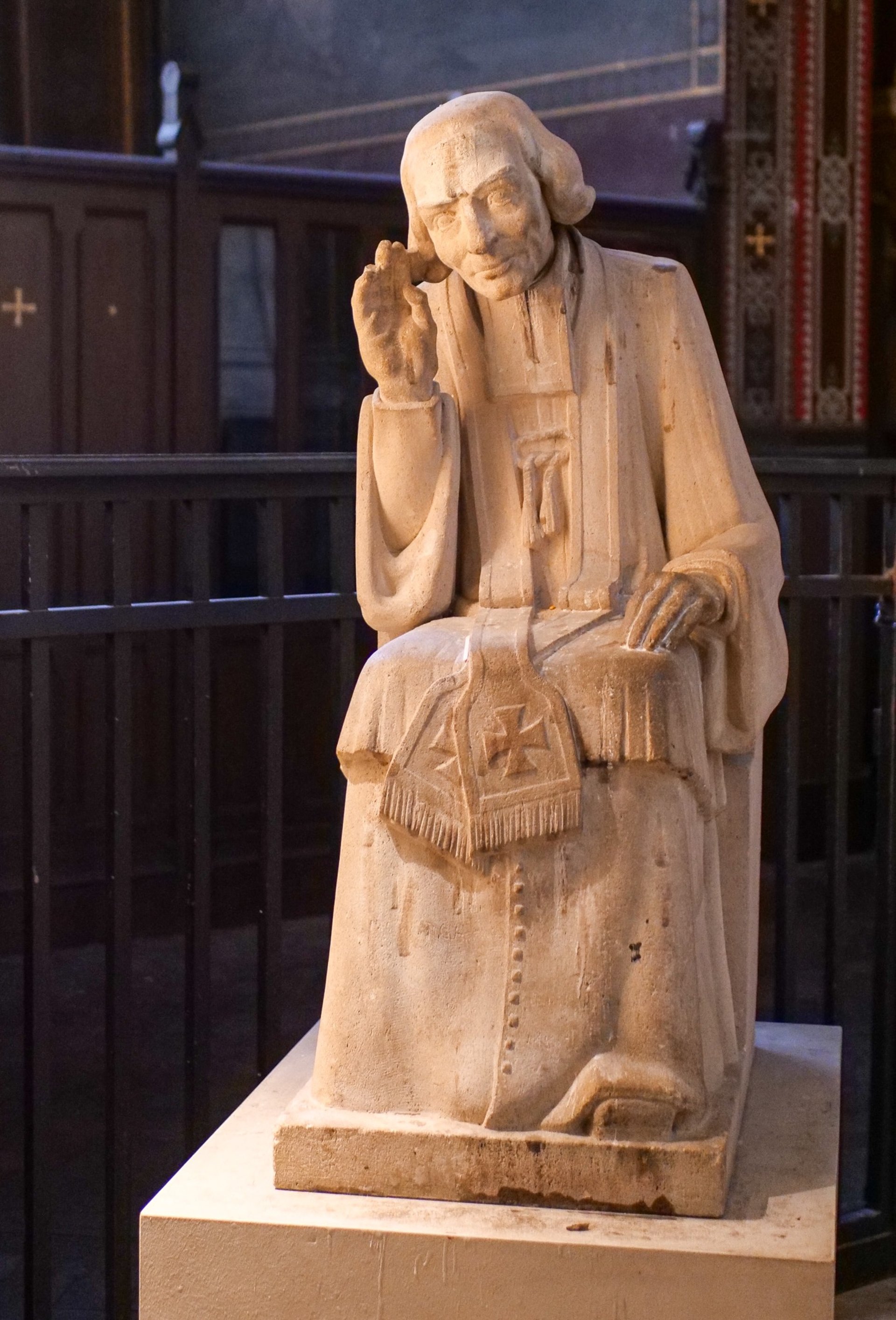
“A good shepherd, a pastor after God’s heart, is the greatest treasure which the good Lord can grant a parish, and one of the most precious gifts of divine mercy.”
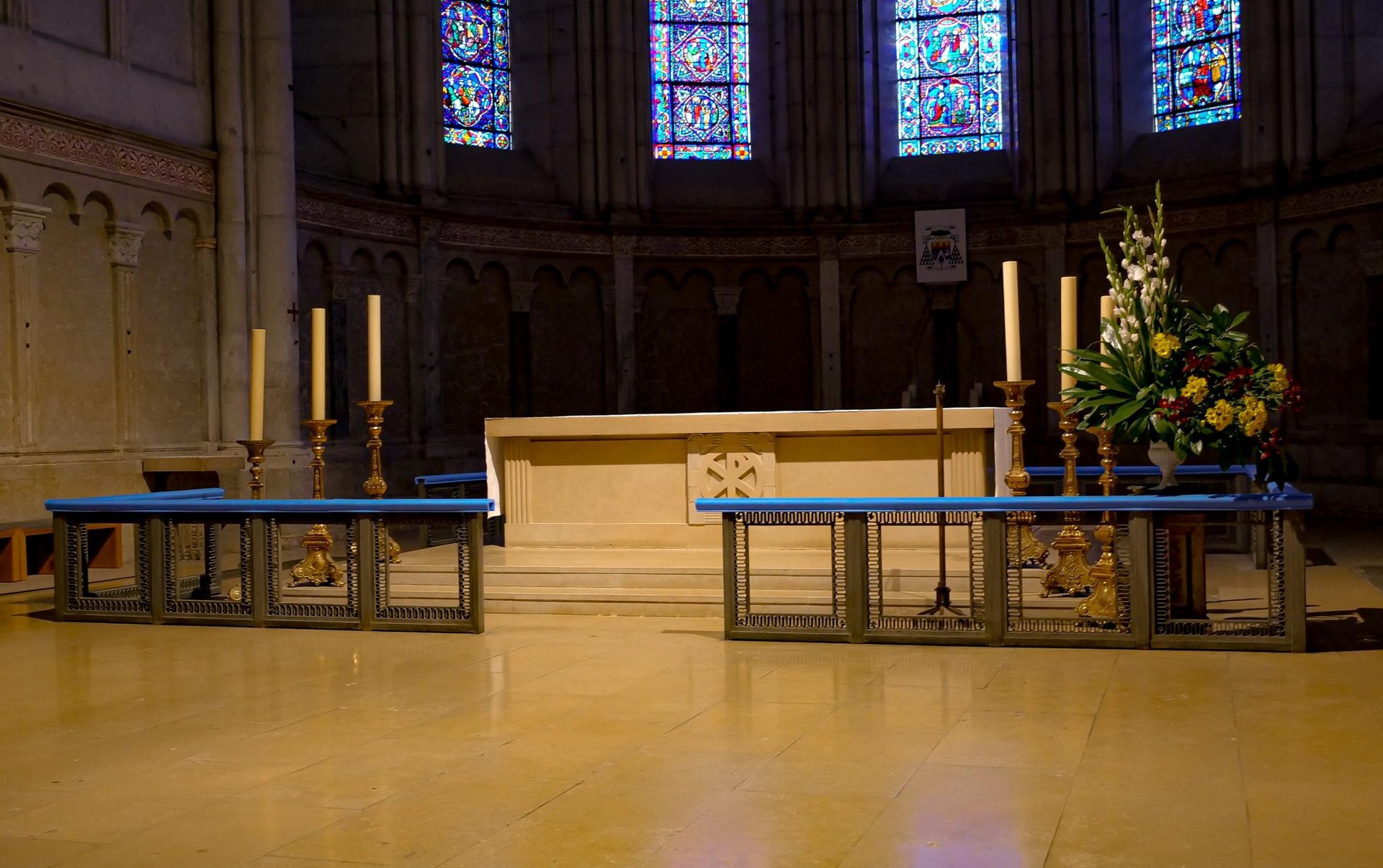
Build Your Year I & Year II Reflections
Moses, Elijah, and Not Aristotle: Rethinking Natural Law in the Light of the Transfiguration
Introduction
At the Transfiguration, Jesus stands between Moses and Elijah, radiant with divine light. This vision, central to the Synoptic Gospels, affirms his continuity with the Law and the Prophets. But it also prompts a striking reflection: there is no place here for Aristotle. In an age where much of Catholic moral theology has been filtered through the logic and categories of Hellenistic philosophy—especially Aristotelian natural law—this absence is a revelation in itself. It suggests that moral truth in the Christian tradition is not, in the first instance, a function of abstract reason or metaphysical fixity, but something relational, historical, and rooted in the living experience of covenant and encounter. This essay argues that Christian ethics must return to the Scriptural grammar of moral discernment—a grammar shaped by prophetic disruption, contextual listening, and incarnational fidelity.
1. The Transfiguration as Theological Polemic
Moses and Elijah represent the two great pillars of the Hebrew Scriptures: the Law and the Prophets. Their presence at the Transfiguration is not merely symbolic—it is theological. It declares that the fullness of divine revelation is continuous with Israel’s story. The voice from the cloud—'This is my Son, the Beloved. Listen to him'—calls the disciples not to philosophical contemplation, but to obedient, relational attention. Jesus stands not as a teacher of abstract universals, but as the living Torah, the embodied Word.
The conspicuous absence of Aristotle or any Greek philosophical figure in this scene is not accidental. It highlights the rootedness of Jesus’ mission in the Semitic tradition of story, covenant, and justice. This is theology grounded in memory, in Exodus, in lament—not in metaphysical speculation. The Transfiguration, then, is a polemic: it calls theology back to its Jewish horizon.
2. Natural Law: Classical Claims and Historical Developments
Natural law, as developed especially by Thomas Aquinas, holds that moral truth is accessible to human reason. It is based on the idea that the universe has a rational order and that human nature, rightly understood, reveals objective moral goods—such as the preservation of life, the pursuit of truth, and the dignity of the family. This framework provided coherence in a fragmented world and helped the Church articulate consistent ethical teachings.
However, over time, this vision was narrowed. The rise of late Scholasticism and manualist theology in the early modern period reduced natural law to lists of rules and exceptions. The New Natural Law theorists, such as Grisez and Finnis, further abstracted moral norms from the concrete lives of people, emphasizing fixed, universal principles.
This trajectory raises questions: can moral reasoning grounded in a supposedly neutral rationality truly account for the woundedness, trauma, and historical complexity of real human lives? Does it allow space for the relational depth of grace and the fragility of conscience?
3. The Challenge of Context: Life as Situational and Historical
Moral life is not lived in abstraction. It is lived in stories, relationships, failures, and recoveries. Human beings are shaped by culture, trauma, history, and conscience. The Gospel meets people where they are, not where theory says they should be.
Pope Francis has emphasized this pastoral reality, especially in Amoris Laetitia. He insists that the Church must accompany people with patience and mercy, interpreting the law in light of their concrete situations. He warns against turning doctrine into stone tablets thrown at people’s wounds.
Philosophers like Alasdair MacIntyre and theologians like Stanley Hauerwas support this view, arguing that moral reasoning must be embedded in the practices and narratives of real communities. For them, virtue is not discovered through universal principles, but through the faithful telling and living of a tradition.
4. Moral Discernment as Relational and Revelatory
The Transfiguration invites not only theological reflection, but ethical transformation. To 'listen to him'—to Jesus—is to be called into a moral posture shaped by relationship, not rule. Moral discernment, in this view, is not the application of pre-defined categories, but a dialogical and grace-filled encounter with the living God.
Emmanuel Levinas reminds us that the face of the other is the origin of moral responsibility. In the same way, Jesus transfigured is not a moral ideal, but a relational call. The Jewish prophetic tradition—embodied in figures like Isaiah, Amos, and Micah—speaks less of fixed norms and more of justice, mercy, and fidelity.
This does not dissolve moral truth. Rather, it relocates it: from the realm of theory to the space of encounter.
5. Responses and Tensions
To critique the dominance of natural law is not to reject it wholesale. Aquinas himself balances reason and grace, acknowledging the limits of fallen human perception. His moral framework is more dynamic and humane than many of his later interpreters allowed.
John Paul II, particularly in Veritatis Splendor, defended moral absolutes grounded in natural law. He was rightly concerned about relativism. Yet even he saw conscience as the proximate norm of moral life and warned against legalism divorced from love.
Critics like Grisez and Finnis argue for fixed norms independent of context. Their concerns are not without merit, but they risk absolutizing logic over life. A renewed moral theology must hold onto truth while rediscovering how truth becomes flesh—in the lives of people struggling toward grace.
Conclusion
At the Transfiguration, the Church is given not a philosophy, but a Person. Not an abstraction, but a radiance. Moses and Elijah affirm the rootedness of Jesus in Israel’s covenantal story. Aristotle is not there. And that absence speaks.
Christian ethics must not reduce grace to principle or conscience to calculus. Instead, it must return to the place where glory is revealed: in the face of Christ, and in the lives of those who bear his image in complexity, weakness, and hope. Moral theology, if it is to be true to the Gospel, must be transfigured.
Write your text here...
Homily for the Solemnity of Saints Peter and Paul
There are days in the Church’s calendar that ask us to celebrate strength. Today is not one of them — at least, not in the usual way.
Saints Peter and Paul are not remembered because they were flawless. They are remembered because, through all their flaws, they were still held, still used, still called. If you’re someone who sits in the pew and thinks, “I’m not sure where I belong in all this,” — then Peter and Paul are your people.
Peter is the rock — but a cracked one. He’s impulsive, frightened, embarrassed, slow to understand. He tries so hard and falls so short. Jesus doesn’t throw him away. He calls him again. Not because he approves of what Peter did, but because he sees what Peter can become. Providence isn’t approval — it’s grace refusing to let the crack be the end of the story.
And Paul? Paul carries his thorn. He doesn't say what it is — maybe shame, illness, regret, memory. He asks God to take it away. The answer comes back: “My grace is sufficient for you, for power is made perfect in weakness.” Not removed — but held. Not resolved — but transformed.
Sometimes we sit in church like lost sheep. We wonder why things aren’t clearer. We’re told to persevere, but we don’t always know how — or why. Sometimes it feels like we’re the only one asking those questions. But the saints didn’t get where they did because they had no questions. They got there because, somehow, they kept walking with them.
This is not a feast of religious achievement. It is a feast of fractured faith and persistent grace.
It reminds us: the Church was never built on certainty alone. It was built on cracks that Christ refused to abandon. It was built on questions that became paths. It was built on two men who couldn’t have been more different, both discovering that God is not put off by our rough edges.
So if you are unsure, you’re not out of place here. If you are tired, uncertain, holding on with questions and not with clarity — you are not outside the circle. You are inside the very heart of what today celebrates.
Predict the future by creating it
You didn’t come this far to stop
Write a short text about your service
Write a short text about your service
Write a short text about your service






Get in Touch Today
Contact us for assistance with homilies, pastoral planning, and organizing your personal and parish diaries. We're here to help you.
Connect
1234567890
Support
info@pastoralplanningai.com
Pastoral Resources
Explore tools for homilies, planning, and organizing parish activities.
